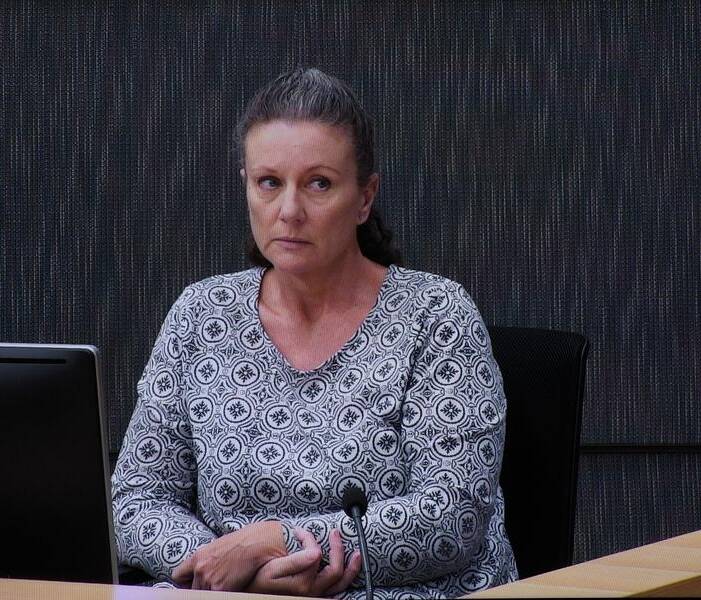
Scientists and medical experts are due to begin testifying at the second inquiry into Kathleen Folbigg's convictions for killing four of her children.
The inquiry, to be conducted by former chief justice Tom Bathurst, is listed to begin in Sydney on Monday.
The retired judge was appointed in May after the NSW Governor received a petition from prominent scientists asking she be pardoned due to new scientific evidence.
Folbigg's lawyers have submitted the evidence indicates a genetic mutation could be responsible for the deaths of two of the children.
She was jailed in 2003 after being convicted of murdering her children Patrick, Laura and Sarah, and the manslaughter of her son Caleb.
Former NSW District Court chief judge Reg Blanch conducted the first inquiry and in 2019 concluded her guilt was "even more certain".
She previously lost challenges in the NSW Court of Criminal Appeal, the High Court and the NSW Court of Appeal.
Counsel assisting the second inquiry Sophie Callan SC has acknowledged the "unusual position" of it being held after an earlier inquiry based on asserted new scientific evidence.
Ms Callan said Mr Bathurst's task was to form his own view about whether there was a reasonable doubt as to Folbigg's guilt.
She said 22 experts gave evidence at Folbigg's trial and a further 19 testified or presented reports at the Blanch inquiry, including an analysis of her diary entries.
The second inquiry also would consider new material including a study related to genetic mutations and illnesses that could cause children to stop breathing as they slept.
The inquiry's prime focus would be on the medical and scientific evidence, she said.
Mr Bathurst has granted leave for separate lawyers to appear at the inquiry on behalf of Folbigg, her ex-husband and father of the children, the Ministry of Health, the Director of Public Prosecutions and the Commissioner of Police.
Folbigg was initially sentenced to 40 years imprisonment, with a non-parole period of 30 years, but an appeal later reduced her sentence to 30 years with a non-parole period of 25 years.
She's not eligible for parole until 2028.
The scientists calling for her early release argue there is no medical evidence she smothered the children she has been convicted of killing.
Australian Associated Press
WHAT DO YOU THINK? We've made it a whole lot easier for you to have your say. Our new comment platform requires only one log-in to access articles and to join the discussion on the Newcastle Herald website. Find out how to register so you can enjoy civil, friendly and engaging discussions. Sign up for a subscription here.







